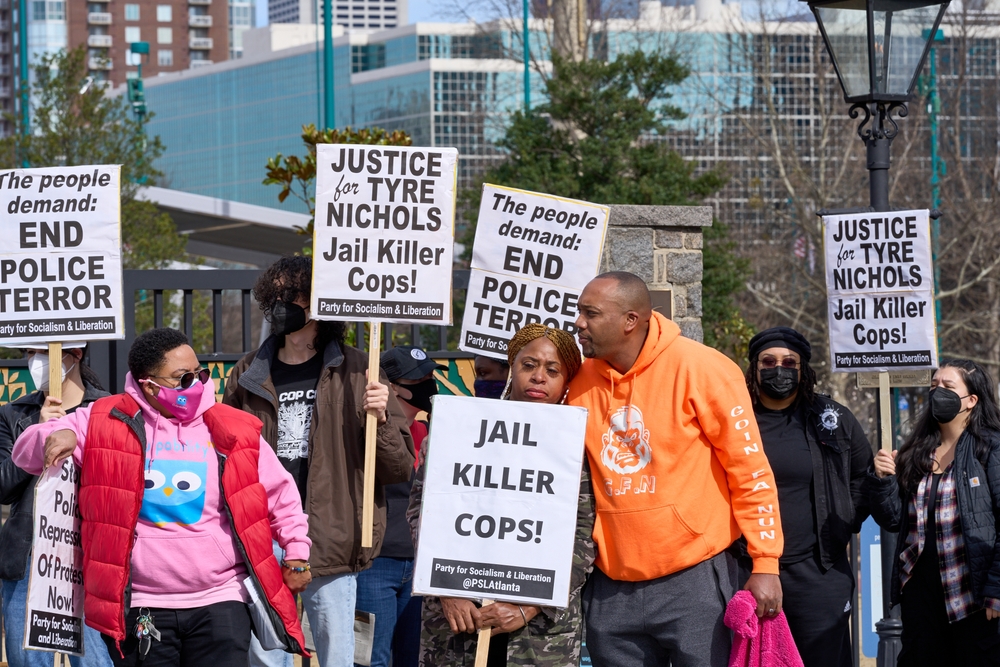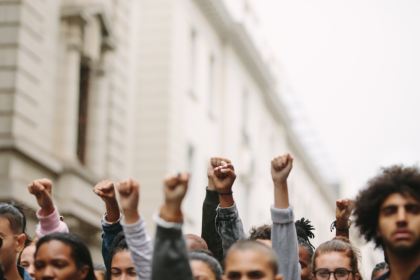The U.S. Department of Justice has released a damning report regarding the Memphis Police Department, revealing systemic issues of excessive force and racial discrimination, particularly against Black citizens. This investigation was prompted by the tragic death of Tyre Nichols, who was fatally beaten by police during a traffic stop in January 2023. The findings have sparked significant public outcry and raised questions about police practices in the city.
Key findings of the DOJ report
The DOJ’s investigation concluded that Memphis police officers frequently violate the civil rights of citizens. The report highlights a pattern of behavior that includes:
Excessive use of force: Officers reportedly employed unnecessary and disproportionate force during arrests and encounters with the public.
Racial discrimination: The report indicates that Black individuals are disproportionately affected by these aggressive policing tactics.
Lack of accountability: There is a significant absence of oversight and accountability mechanisms within the department, allowing these practices to persist.
According to The Associated Press, Assistant Attorney General Kristen Clarke emphasized the need for reform, stating, “The people of Memphis deserve a police department that protects their civil rights and fosters trust.” This statement underscores the urgency for change in the wake of the findings.
City’s response to the findings
In response to the DOJ’s report, the city of Memphis has expressed its intention to review the findings thoroughly before agreeing to any federal oversight. City officials have indicated that they plan to challenge the conclusions drawn by the DOJ, which could lead to a prolonged legal and political battle over the future of policing in Memphis.
The impact of Tyre Nichols’ death
The investigation was largely catalyzed by the fatal incident involving Tyre Nichols, a 29-year-old Black man who died after being stopped by police for alleged reckless driving. The brutal nature of his death, captured on body cameras and widely circulated, ignited protests and calls for justice across the nation. Nichols’ death has become a rallying point for advocates demanding police reform and accountability.
Calls for reform and community action
The findings of the DOJ report have reignited discussions about police reform not only in Memphis but across the United States. Community leaders and activists are calling for immediate changes to policing practices, including:
Implementation of body cameras: Advocates argue that the use of body cameras can increase transparency and accountability.
Community oversight boards: Establishing independent boards to oversee police conduct can help ensure that officers are held accountable for their actions.
Training on racial bias: Comprehensive training programs aimed at addressing racial bias and de-escalation techniques are essential for changing police culture.
As the city of Memphis navigates the fallout from this report, the voices of the community will play a crucial role in shaping the future of policing in the area. The DOJ’s findings serve as a stark reminder of the ongoing struggle for justice and equality in law enforcement.
The DOJ’s investigation into the Memphis Police Department highlights critical issues of excessive force and racial discrimination that must be addressed to restore trust between law enforcement and the community. As Memphis officials prepare to respond to these findings, the call for reform remains louder than ever, emphasizing the need for a police force that serves and protects all citizens equally.

















